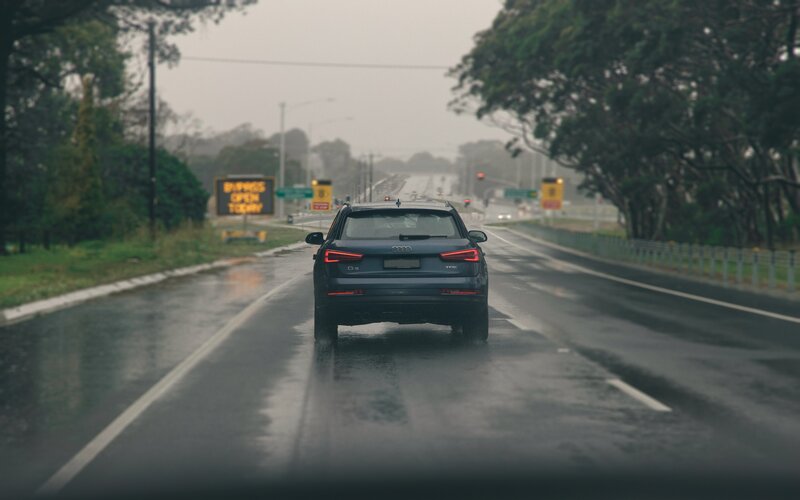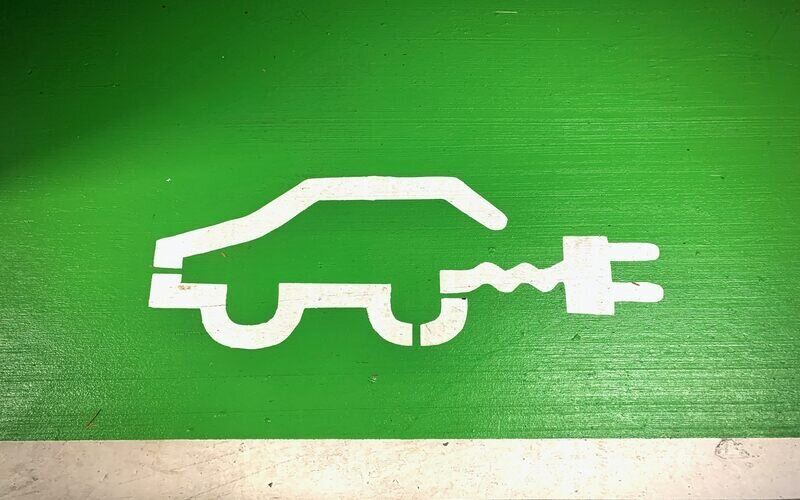Once the standards come into effect, there will be a CO2 emissions cap for all new cars that manufacturers bring to Australia.
Manufacturers will need to offset high emission vehicles sold with more environmentally friendly options like electric cars.
The government says this will improve buyer choice by incentivising more electric vehicles to be bought to Australia, reduce fuel costs and bring down Australia's CO2 output.
"This is not just a win for the environment, it’s a big win for motorists around the country who want access to a bigger variety of more efficient vehicles," Climate Change Minister Chris Bowen said after the bill passed the senate.
"[NVES] marks an end to the decade of delay and denial which put Australian motorists at the back of the global queue for cars that are cheaper and cleaner to run."
Australia was previously one of only two 'advanced economies' without emission standards, along with Russia.
However, the Coalition remains opposed, claiming the New Vehicle Efficiency Standards (NVES) will drive up the cost of Australia's favourite vehicles.
Per the Federal Camber of Automotive Industries (FCAI), SUVs made up 55.7% of the total new vehicles sold in April, with Electric Vehicles making up just 6.4%.
Together, utes and SUVs make up about three-quarters of light vehicle sales in any given month.
In his response to Tuesday's Federal Budget, opposition leader Peter Dutton called the NVES 'Labor's tax on the family car and Ute.'
"[The Australian public are] having to fork out thousands of dollars more simply for choosing some of Australia's most popular vehicles like a Toyota Rav4 or Ford Ranger, all because the Government is trying to force you to buy an electric vehicle," Mr Dutton said.
A 'watered down' NVES
The bill that eventually passed parliament on Thursday was a revised version of the NVES that were initially proposed, with the emission reduction revised to 50% by 2029 from 60%.
The CO2 limit for light commercial vehicles was raised after concerns from manufacturers like Toyota about the potential price impacts on Utes and SUVs, while some models have also been reclassified as light commercial vehicles from the passenger vehicle category, which has stricter standards.
Toyota Australia Chief Executive Matthew Callachor is now an advocate of the revised standards.
"Toyota has long supported the introduction of an ambitious fuel-efficiency standard that is calibrated to the unique requirements of the Australian market and leaves no-one behind," he said after the updates
"We welcome the willingness of the Federal Government to consult on this important public policy and to make changes that represent a positive step forward."
The FCAI is also on board, with CEO Tony Weber praising the allocation of more than $150 million towards the implementation of NVES in the budget, but he also acknowledged the "challenge" ahead to meet the ambitious targets.
"We intend to work closely with the Government and our members on the design and implementation of this scheme," Mr Weber said.
"Working together will be essential in addressing any challenges and to ensure that the transition benefits all Australian businesses and families and we remain on a pathway of emissions reduction."
A potential loophole?
However, there has also been criticism of the way that vehicles will be categorised, with less strict standards for higher vehicles.
Some utes could be recategorised as commercial vehicles, which would have less strict emissions criteria.
This could lead to perverse outcomes where manufacturers are penalised for the emissions on smaller cars, despite larger alternatives emitting much more CO2.
The Federal Budget also extended the small business $20,000 instant asset write-off for depreciating assets for another year.
An example of the absurdity.
— David Osmond (@DavidOsmond8) February 4, 2024
Ford Focus Ambiente, at 1261kg & emitting 136 gCO2/km is above the allowance for passenger cars.
Ford Ranger XLS at 2.3t & 182 gCO2/km is below the allowance for light commercial vehicles.
Ford will be incentivised to sell more Rangers & less Focus. pic.twitter.com/EbJBrl10re
Picture by Cassiano K Wehr
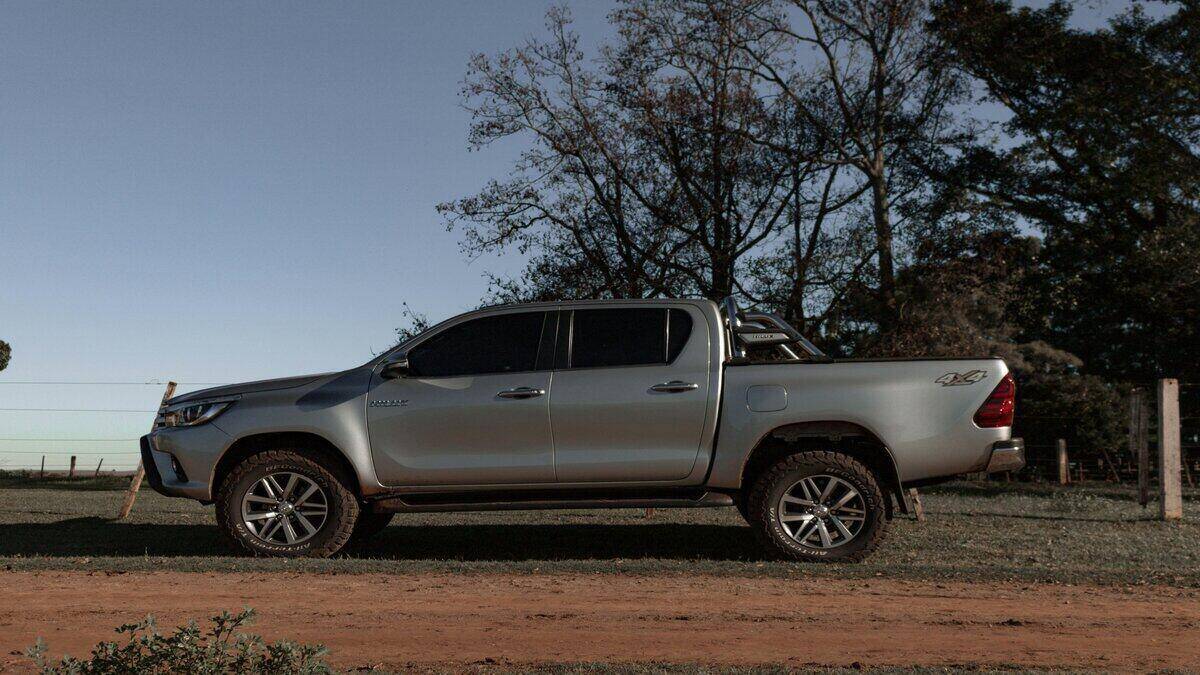


 Denise Raward
Denise Raward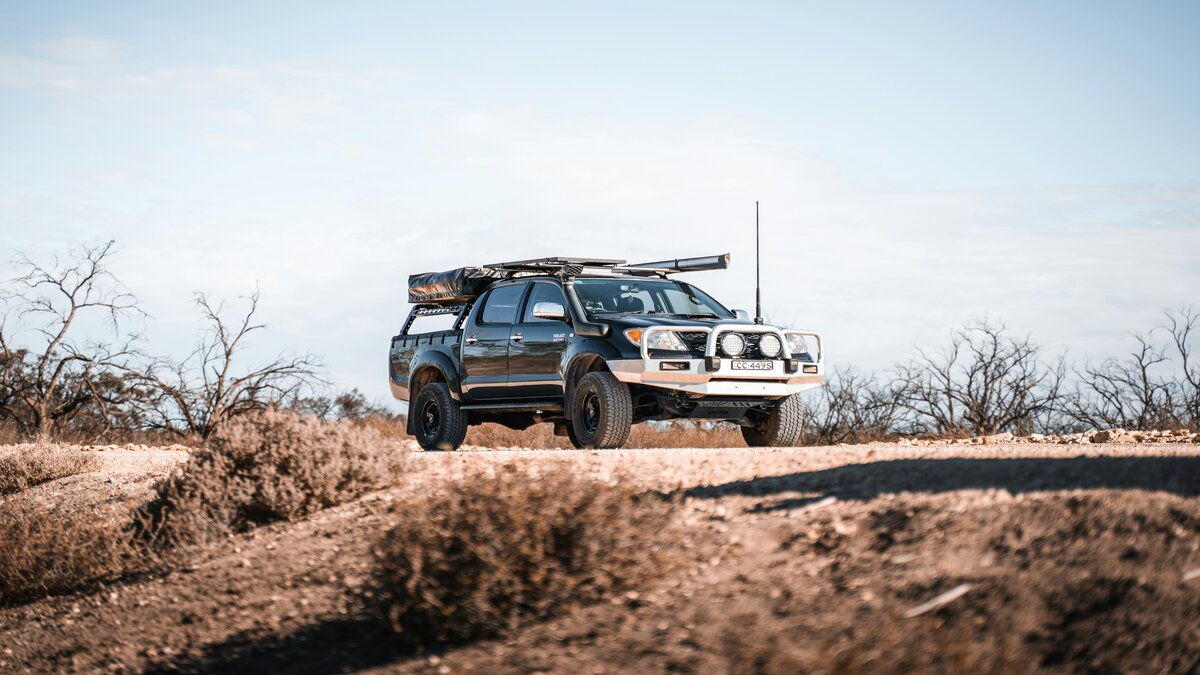
 Harry O'Sullivan
Harry O'Sullivan
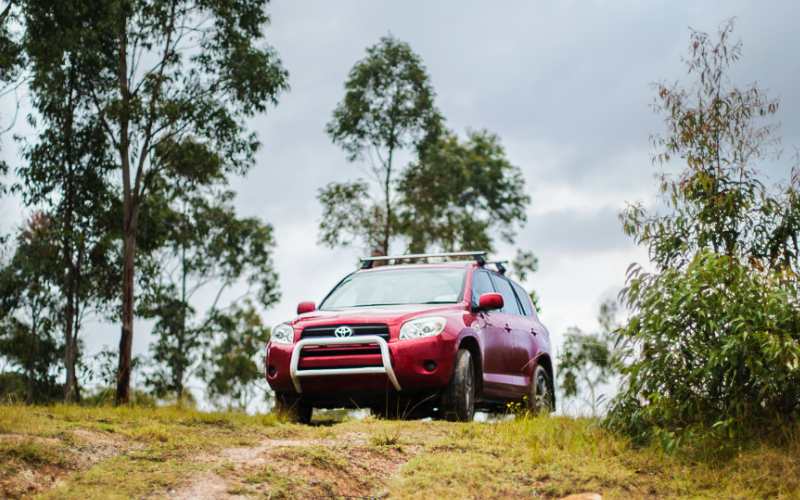
 Harrison Astbury
Harrison Astbury